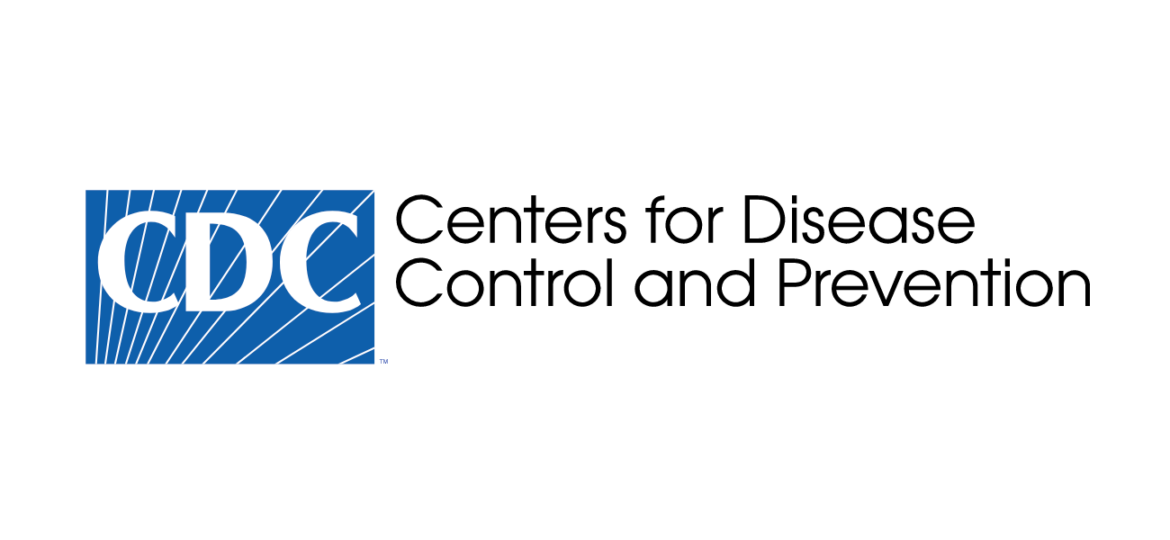By Iyemah David
United States Government, through its Centre for Disease Control and Prevention (CDC), said the threat of wild polio re-emergence and the circulating variant of poliovirus two, calls for timely detection and response by Nigeria.
Ms Adeyelu Asekun, Public Health Program Specialist, US-CDC, told newsmen on Sunday in Abuja, working with the military and armed forces would be key in bridging the gaps created by insecurity.
“In 2020, Nigeria became the last country in Africa to be certified polio-free by the Africa Regional Certification Commission. As a result, the African continent was declared free of this debilitating disease in Aug. 2020.
“Exactly two years since that certification was received and with a robust surveillance system, Nigeria can quickly detect and respond to wild polio and any other type of poliovirus.
“This is even more so important now with the confirmed wild polioviruses in Malawi and Mozambique and polio detection in the US and the United Kingdom (UK),” Asekun said.
She said that in spite of the achievement of the wild polio virus-free status by Nigeria, “there were still challenges that needed to be overcome.”
This, she said, was to ensure that every child five years and below receives the polio vaccine and was protected against this debilitating and life-threatening disease.
The expert described COVID-19 and other competing priorities at the sub-national level as challenges too.
“This is where integration will be key and the government of Nigeria has taken up this initiative to ensure a broader reach with limited resources. But these challenges can be overcome.
“We have seen Nigeria overcome challenges time and time again. We have seen the power of coordination and collaboration at work,” she said.
Asekun stated that the national polio emergency operations centre, with oversight from the Executive Director of the National Primary Health Care Development Agency, was the epitome of what true coordination and collaboration were.
“It is important to recognize that engagement with traditional and religious leaders was key in the polio eradication efforts in the country. Interfacing with the military was a game changer in completely eradicating wild poliovirus from the country.
“Since 2012, the US CDC has also worked collaboratively with the government of Nigeria on polio eradication efforts and it has been a very rewarding experience. Coordination and collaboration work,” she said.
Asekun, however, said that the US government remained committed to sustaining the course until polio becomes a disease of the past.
“We will continue to support the government of Nigeria with innovations to ensure that we finish the polio race and we finish it well. Congratulations to Nigeria. Congratulations to us all,” she said.
The Public Health expert stated that big recognition of efforts was important for not only boosting morale but for improving performance.
“We have seen Nigeria improve from 33 per cent routine immunization coverage to 56 per cent between 2016 and 2021, and this is in spite of the disruptions made to routine immunization and primary health care services by COVID-19.
“And then, there was COVID-19! Another seemingly insurmountable challenge that Nigeria was faced with.
“But Nigeria had once again risen to the challenge. We have seen huge uptakes of COVID-19 vaccinations across many states and numbers are still rising,” she added.
Wild poliovirus had been eradicated in all continents except Asia, and as of 2020, Afghanistan and Pakistan are the only two countries where the disease is still classified as endemic.
Vaccines against each of the three wild strains of polio have given rise to strains of cVDPV, with cVDPV2 being the most prominent. cVDPV caused 689 reported paralytic polio cases worldwide in 2021.




